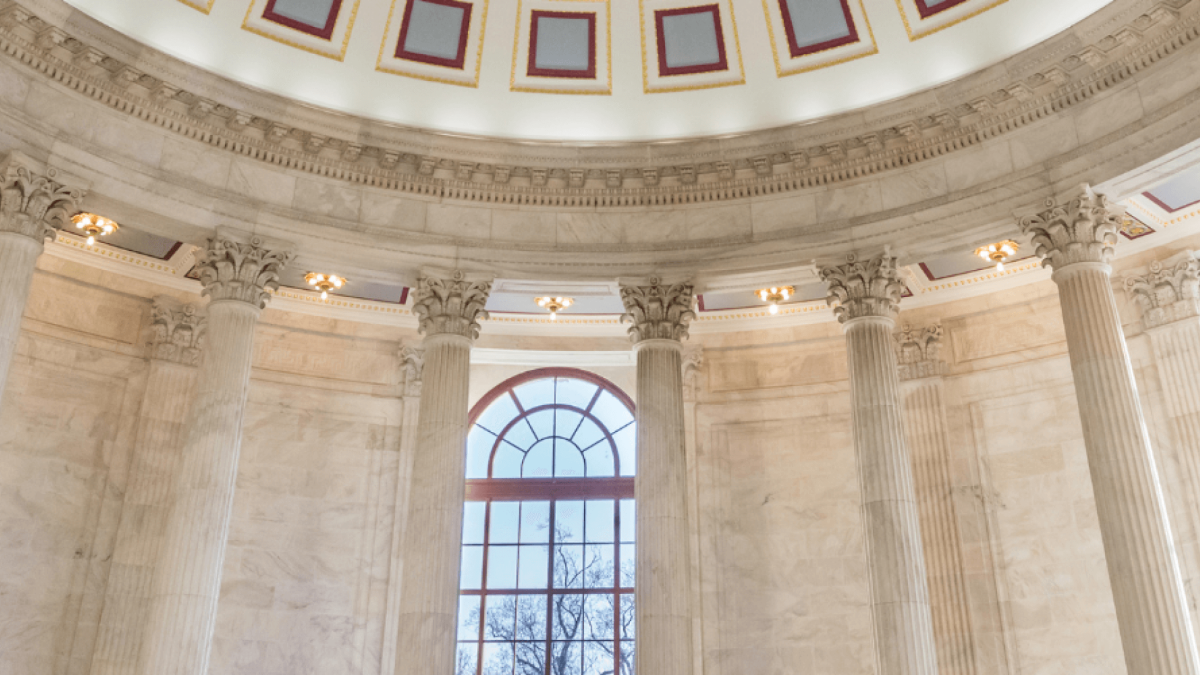Rep. Jim Costa Statement on the 2024 Farm Bill Markup
WASHINGTON – Congressman Jim Costa (CA-21), Ranking Member of the House Subcommittee on Livestock, Dairy, and Poultry, issued the following statement after the House Agriculture Committee marked up the 2024 Farm Bill.
“The American people have been expecting a Farm Bill for over a year. In that time, farms were battered by floods, wildfires ravaged our Giant Sequoias, and families have struggled to put food on their dinner tables.
Today’s markup was a critical first step towards reaching an agreement. While there are major differences on both sides of the aisle, I will continue working to forge a bipartisan framework that will provide certainty and stability to our agricultural economy.
As a senior member of the House Agriculture Committee, I remain committed to passing a robust Farm Bill that will elevate rural, underserved communities and ensure no American goes hungry.”'
BACKGROUND
The Farm Bill is the largest piece of federal legislation for food and farming. This omnibus, multi-year law governs an array of agricultural, conservation, and nutrition programs. This is the fourth farm bill that Costa has reauthorized in the United States.
The 2024 House Farm Bill includes over 17 bills that Representative Costa led in the House, some major bills include:
- Converting our Waste Sustainable (COWS) Act: Mirrors the successful alternative manure management program utilized in California, which has funded over 170 projects, many of them located in Tulare County.
- Headwaters Protection Act: Enhances funding for the Water Source Protection Program (WSPP) to help prevent pollution of surface and groundwater used as the primary source of drinking water by rural residents.
- Conservation Reserve Improvement Act: Improves funding for the Conservation Reserve Program from $50,000 to $125,000 to stimulate the conservation of agricultural lands.
- Save our Sequoias Act: Provides a coordinated response and resources to protect the Giant Sequoias from the devastating impacts of climate change.
- Fortifying Refrigeration Infrastructure and Developing Global Exports (FRIDGE) Act: Establish new trade markets by expanding cold storage capacity for livestock producers.
- ReConnecting Rural America Act: Reauthorizes funding for the ReConnect Loan and Grant Program, which plays a central role in expanding access to high-speed broadband in rural communities.
Other major priorities that would benefit the San Joaquin Valley include:
- Doubled the funding for the Market Access and Foreign Market Development Programs to help farmers access and export in new markets.
- Enhanced funding for the Environmental Quality Incentives Program (EQIP) by $10.25 billion over 10 years.
- Enhanced funding for citrus research, combatting Huanglongbing (HLB), and specialty crops research initiatives.
- Waives the adjusted gross income limitation for farms that derive 75% of their income from farming to be eligible for various USDA disaster aid relief.
However, the House GOP Farm Bill takes large steps backward by making cuts to SNAP, repealing climate dollars under the Inflation Reduction Act, and eliminating Commodity Credit Corporation (CCC) farm aid resources, which benefit families and farmers across the San Joaquin Valley.
More than 28.5% of households in California’s 21st Congressional District depend on SNAP, which ranks 6thoverall in the nation. About four in five SNAP households include a child, an elderly individual, or a person with a disability.
